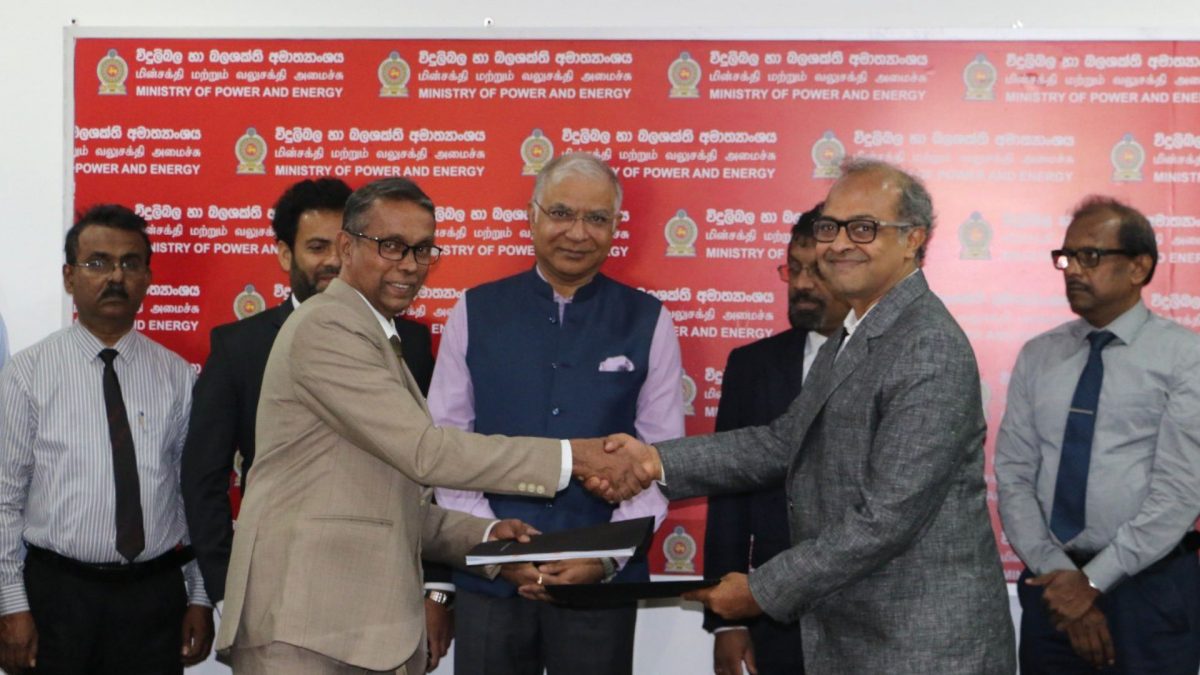Confirmation of the death sentence given by a Pakistan Army Field General Court Martial to an Indian citizen, Kulbhushan Sudhir Jadhav, a former Indian Navy officer, has the potential for Islamabad and New Delhi to choose between ‘C’ and ‘D’: Conflict or detente.
What bridge the two sides choose to cross lies in the wisdom of their rulers. A bridge is important in this context — it is neither in India nor in Pakistan; it is in Germany, between Berlin and its southern suburb Potsdam. It is called the Glienecke Bridge. It is more popularly known the world over as the ‘Bridge of Spies’ since the 2015 Hollywood production of the movie by the same name.
This time last year, this correspondent stood on the Glienecke Bridge as part of his travels, to journalistically study contested borders. The ‘Bridge of Spies’ is no longer on a contested border since the re-unification of Germany. In the movie, set in the depths of the Cold War in 1957, a pilot of an American US2 spy plane is shot down during a secret mission over the erstwhile USSR. After nerve-racking negotiations by a lawyer representing a Russian spy caught in the US, he is exchanged for the Soviet painter — for that is what his cover is — Rudolf Abel, across the Glienecke Bridge on a foggy night.
This is not to suggest that Kulbhushan Jadhav is a spy. But the Indian Navy has confirmed that he was one of their own and that he took premature retirement in 2003 to set up a business that took him to Iran’s port town Chabahar.
Chabahar is in Iran’s roughlands, in the province of Sistan & Baluchistan. Baluchistan itself is territory that spans across three countries: Iran, Pakistan and Afghanistan. The capital of Iran’s Baluchistan is Zahedan, also Iran’s only Sunni-majority province, the country’s poorest.
The Pakistan Army’s case, as far as is known, is that Jadhav — with the alias Hussain Mubarak Patel — crossed over from Iran at Mashkel. On a tip-off, Pakistani counter-intelligence operatives picked him up on 3 March last year. Since then, Pakistani authorities have released a video in which the former Indian Navy officer is shown admitting that he was acting for India’s Research and Analysis Wing (RAW). He had entered Pakistan’s Baluchistan to establish contact with and to provoke its dissidents into violent action in the ports of Gwadar (where the China Pakistan Economic Corridor extends to), Pasni and Jeevani.
However, the Pakistani version of events is suspect. In December — four months ago — Pakistan’s advisor on foreign affairs, Sartaj Aziz, is reported to have told the media that “what the dossier (on Jadhav) contains was not enough. Now it is up to the concerned authorities (to determine) how long they take to give us more matter on the agent”.
India has also claimed Jadhav as its citizen, just has it has always denied that he was a spy on a mission to Pakistan.
In 2012, the late Indian spymaster, Maloy Krishna Dhar, who worked for the Intelligence Bureau, wrote a fictitious account called ‘Mission to Pakistan’. The book chronicles the life of Ravindra Kaushik who was recruited from Rajasthan’s Sri Ganganagar, trained, and was assigned to infiltrate the Pakistani military after a detour in Dubai.
He was outed by another Indian spy who was being tailed. He was killed.
In the year following Dhar’s book, 2013, India and Pakistan probably did to each other what is barely beyond barbarism. Islamabad first announced that a suspected Indian spy, Sarabjit Singh, would be released after a Presidential Pardon. Islamabad subsequently corrected that to say that the pardon was being awarded to another Indian spy, Surjeet Singh. Surjeet and Sarabjit were both farmers from two Indian villages, Bhikhiwind and Fidda, 70 kms apart, near the Pakistan border in Punjab.
After crossing over from Wagah to India, Surjeet told the media that he was a spy and had crossed over to Pakistan many times. Indian authorities had abandoned him. He said he had met Sarabjit, confirming that the man who went missing in 1990 was still alive. Sarabjit’s family mounted a campaign to get him freed.
But in May 2013, Sarabjit Singh was probably beaten to death in a Pakistani jail. His body was sent by Pakistan to India in a service aircraft. A day before the news of Sarabjit’s killing broke, in Jammu’s Kot Balwal jail, Rana Sanaullah Haq was reportedly beaten black and blue by a former Indian Army soldier and other inmates.
Haq was in jail on charges of spying for Pakistan and acting with Hizbul Mujahideen militants to sabotage Indian military lines in Jammu and Kashmir. He succumbed to his injuries six days later.
Contrast this with the Rudolf Abel-Francis Gary Powers exchange on the Bridge of Spies. Swapping spy for spy in a world in which countries accept that they indulge in espionage is so much a relevant lesson in the 21st century.
India and Pakistan, India and Sri Lanka, India and China — they have all exchanged fishermen and shepherds across disputed land and maritime boundaries. India has any number of alleged ISI agents in its jails. But it is also the environment that determines the action. For example, if soldiers are beheaded on the border, an army garrison is raided, or if ceasefire violations increase, it becomes more difficult for governments to negotiate.
But at least the big elections are over now.
That is why the Glienecke Bridge — a route for D over C — is relevant here. If USA and the USSR could do it when they were gunpoint to gunpoint in the first half of the 20th century, why can’t others today? And Jadhav, no argument, is an Indian citizen.


)




)
)
)
)
)
)
)
)